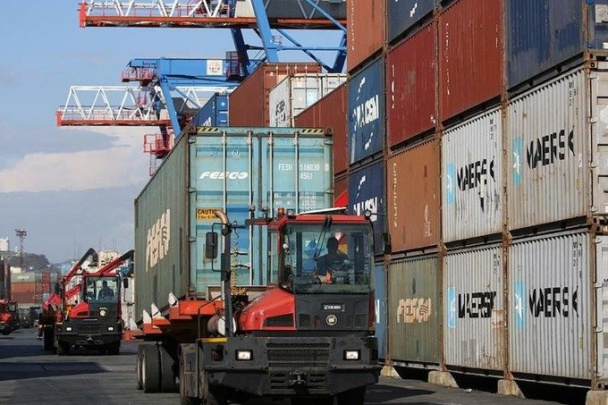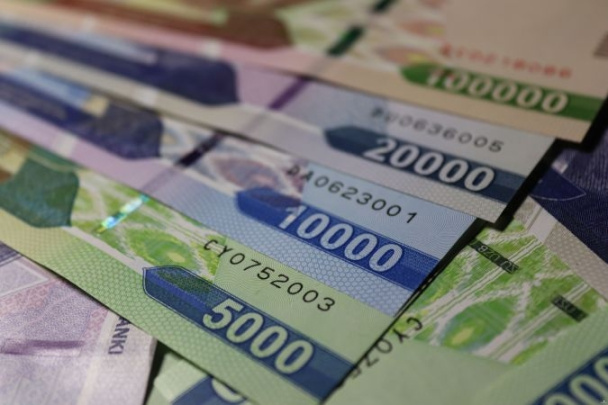S&P predicts economic slowdown for Uzbekistan starting 2025
S&P Global Ratings has reaffirmed Uzbekistan's long-term sovereign credit rating in foreign currency at “BB-” with a stable outlook, while projecting a slowdown in the country’s economic growth to 5.5% starting in 2025.

Photo: KUN.UZ
The rating agency acknowledged Uzbekistan’s ongoing economic modernization efforts and fiscal reforms aimed at reducing the budget deficit. Key measures include a phased adjustment of energy tariffs to minimize subsidies, with a goal to achieve cost-reflective pricing in the energy sector by 2027.
Economic outlook and fiscal measures
Higher gold prices and subsidy reductions are expected to decrease the budget deficit from 5% of GDP in 2023 to 3.5% by 2026. Combined with fiscal support for reforms and robust remittance inflows, these factors will sustain economic growth in the near term. Uzbekistan’s GDP growth rate reached 6.6% in September 2023, aligning with its three-year average of 6.8%.
Despite this, S&P forecasts a gradual deceleration in growth after 2025 due to financing needs, which will increase public debt, albeit at a slower pace. The country is expected to maintain a significant current account deficit, averaging 6.8% between 2024 and 2027, down slightly from 7.7% in 2023.
Focus on strategic investments
Under the "Uzbekistan–2030" strategy, investments are prioritized in energy, transportation, telecommunications, agriculture, and tourism. Renewable energy is a cornerstone of the strategy, with plans to increase its share in energy consumption to 40%. Many of these projects are being implemented through public-private partnerships.
Privatization of state-owned enterprises and Uzbekistan’s potential accession to the World Trade Organization (WTO) are expected to further boost investment activity. Meanwhile, wage increases, remittance inflows, and state-provided incentives such as tax benefits will drive consumer spending, even amid rising energy tariffs and loan interest rates.
Challenges and risks
However, Uzbekistan faces challenges, including its comparatively low GDP per capita, expected to reach $2,900 in 2023. While the country’s young population provides opportunities for economic growth, creating enough jobs to meet demand remains a concern.
The economy’s reliance on remittances from Russia poses additional risks. In 2023, 78% of remittance inflows originated from Russia, although contributions from countries like Germany, Poland, and South Korea are gradually increasing.
Trade with Russia grew by 26% in the first nine months of 2023, supported by Western sanctions on Moscow and a gas supply agreement with Gazprom. However, Uzbekistan faces potential secondary sanctions risks, as some local companies engaged in trade with Russia have already been affected.
Related News

19:27 / 03.01.2025
Tax exemptions for export-oriented firms in industrial zones abolished

17:51 / 31.12.2024
Uzbekistan phases out export subsidies for WTO membership readiness

17:16 / 31.12.2024
Uzbekistan’s 2025 economic outlook: Strong growth expected in exports and imports despite global uncertainty

18:19 / 30.12.2024



